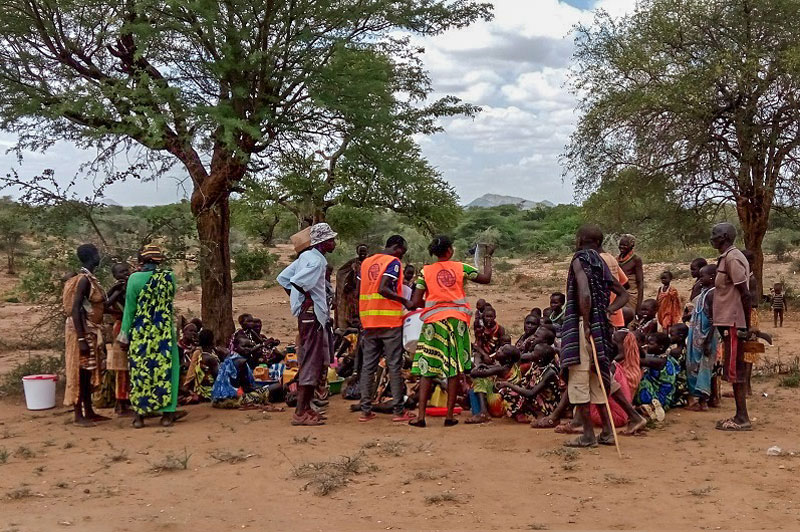Rapid responses are critical to stemming a cholera outbreak that has afflicted South Sudan for more than a year, according to the UN migration agency.
“In a country with mass displacement and severe levels of food insecurity, the effect of the continued cholera outbreak on the health of vulnerable populations is acute,” explained Dr. Beldina Gikundi, Migration Health Emergency Officer of the International Organization for Migration (IOM) in South Sudan.
Since 18 June 2016, over 18,000 cholera cases, including 328 deaths, have been reported in South Sudan.
IOM said in a statement that its health and water, sanitation and hygiene teams continue to respond to the outbreak through case management and preventive measures across the country.
IOM pointed out that many locations experiencing outbreaks are in proximity to the Nile River, increasing the rainy season's impact on the cholera outbreak and threat of spreading further.
“As we saw the outbreak continue, even during the dry season in 2017, we expect to see the trend persist throughout the rainy season, which leaves as much as 60 per cent of the country inaccessible by road,” continued Dr. Gikundi, underscoring that “sustained and flexible responses are crucial to stemming the continued transmission of the disease in this extremely challenging context.”
The UN agency said its teams have been deployed to cholera-affected areas across the country since the outbreak began.
“Teams continue to conduct hygiene promotion, core relief item distribution and borehole repairs in Bentiu and Rubkona towns, and Wau town and surrounding areas, as well as in UN protection of civilian sites across the country,” party reads the statement.
IOM revealed that it has recently reached more than 39,900 people in parts of Jonglei and Unity and is currently on the ground in Warrap, preparing to lead an upcoming OCV campaign targeting more than 189,000 people in Tonj East County.




